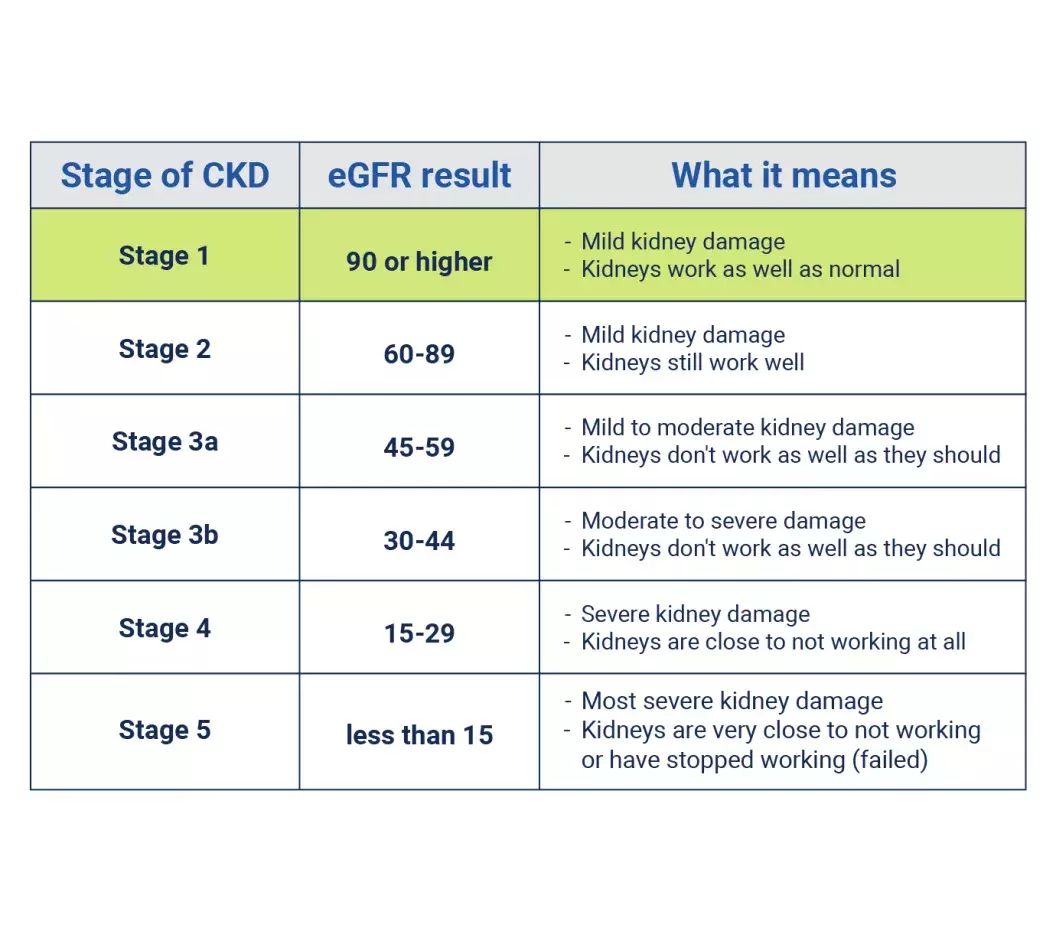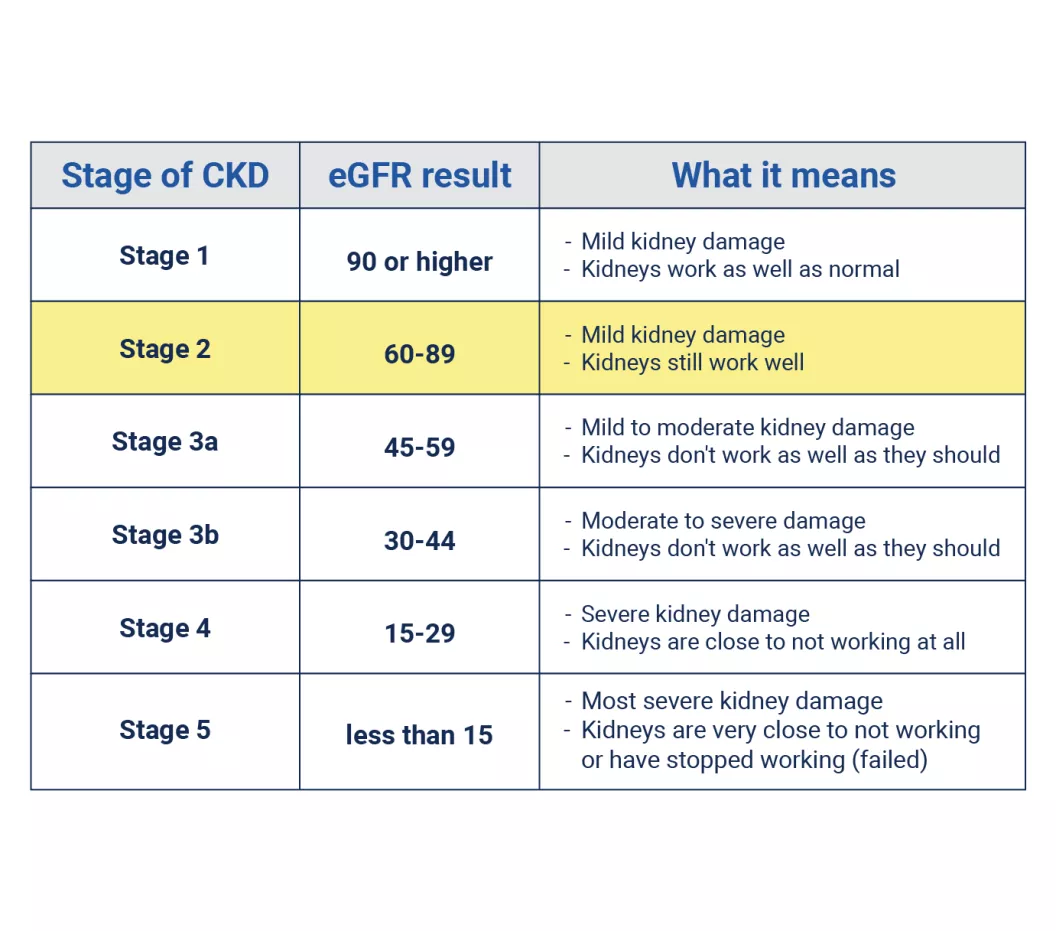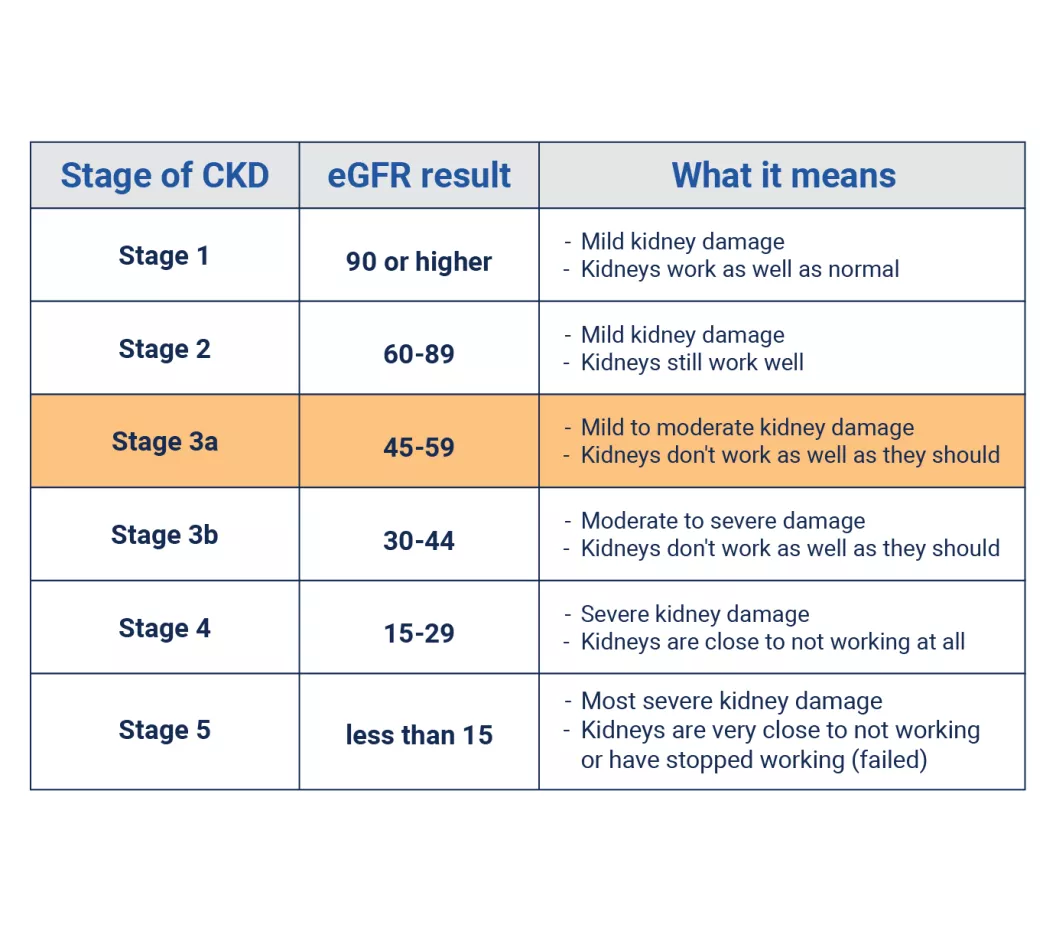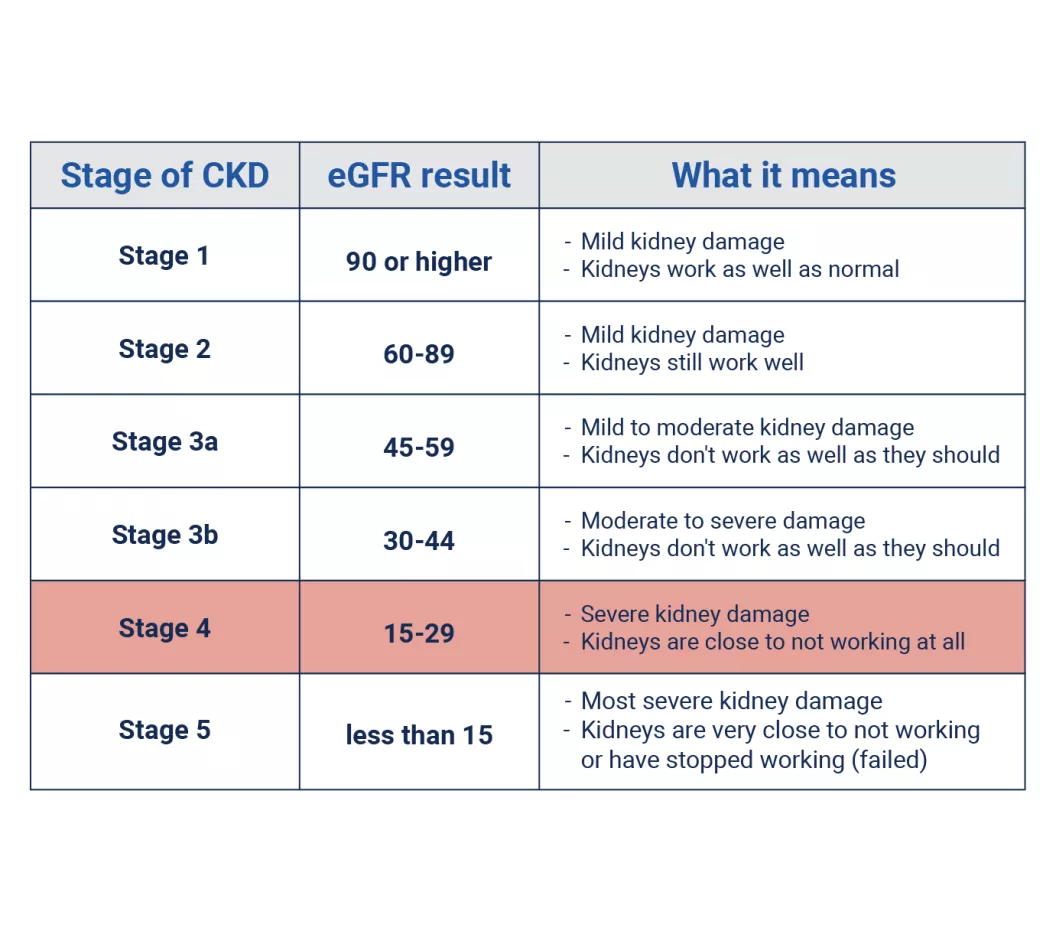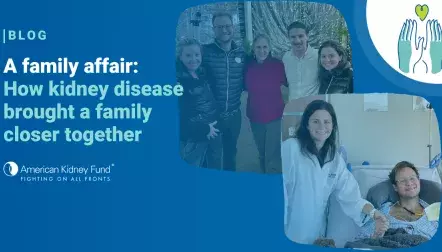
Take charge of your kidney health with the Know Your Kidneys tool. This simple, interactive tool provides personalized insights and tips to help you protect your kidneys and stay healthy. Enter your personal lab values to learn what your numbers say about your kidney health.


